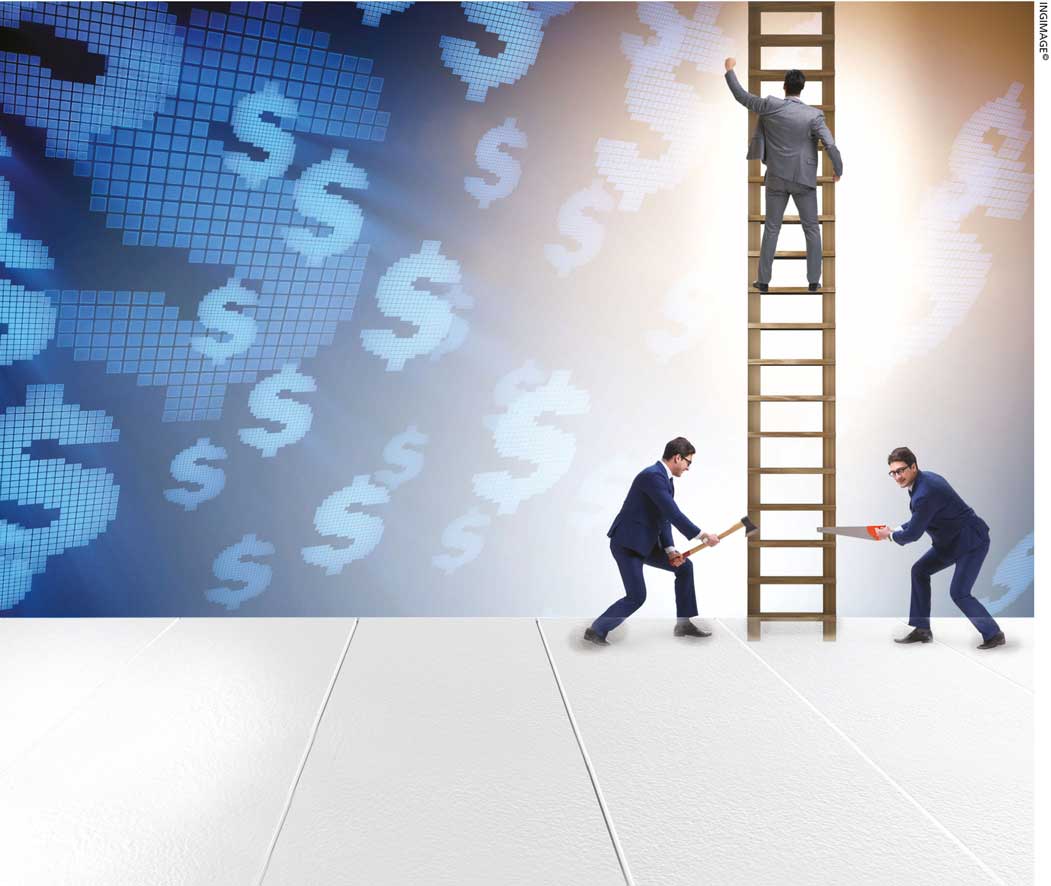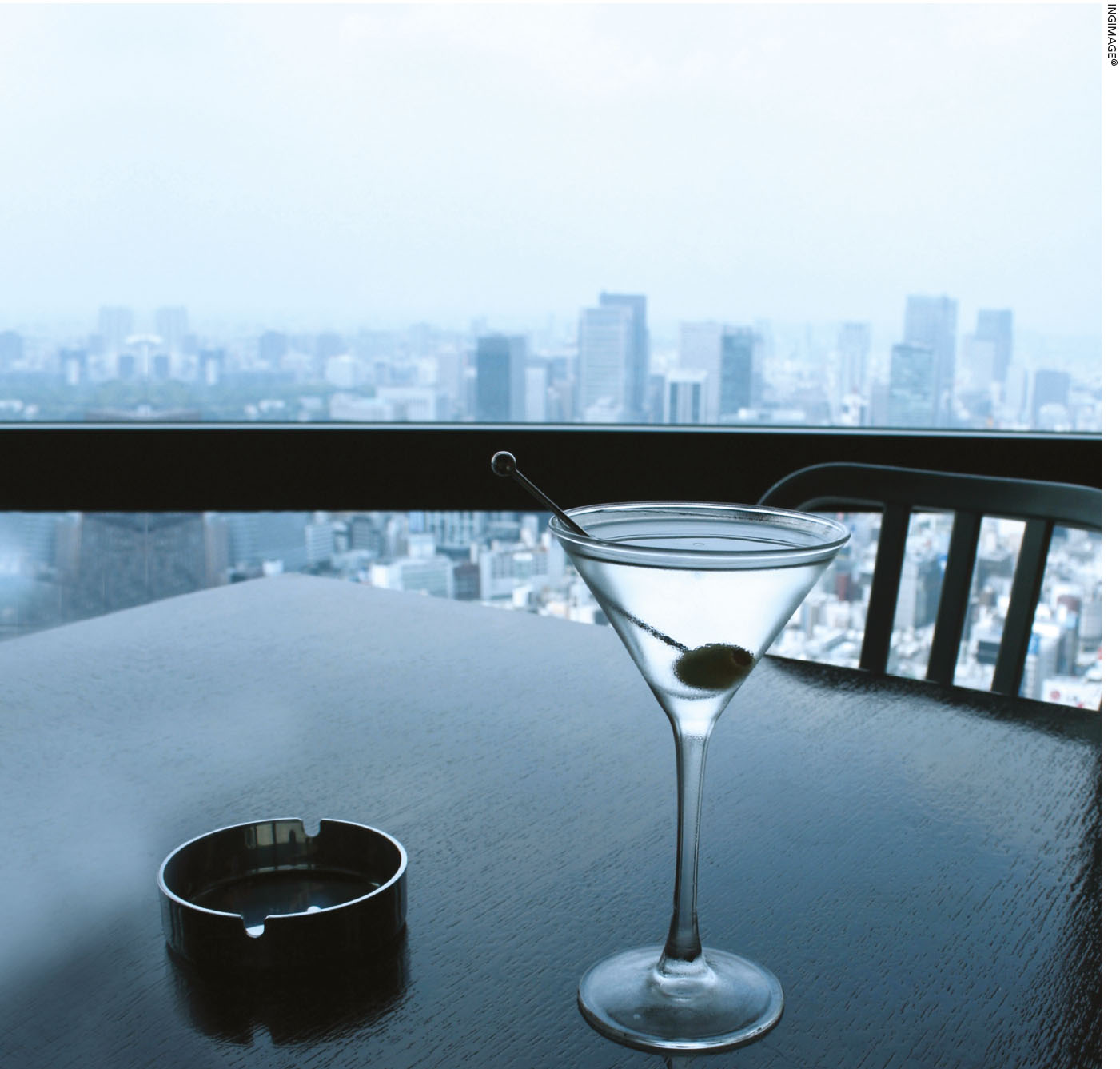OPINION PAGE

STATE OF PARALYSIS A power crisis that has left the nation in the dark for hours on end, a currency that lost more than a third of its value in a matter of two days in early March, fuel and gas price hikes of even higher proportions, a 30 percent or so spike in essentials such as medicine – not to mention the unpalatable price increases for basic consumables such as flour, a packet of lunch and a loaf of bread – have left the hoi polloi in a state of misery and the nation on the verge of paralysis… some say, bankruptcy. On top of this, draconian measures such as compelling exporters to repatriate their forex earnings so as to shore up our foreign currency reserves may have serious repercussions, should the exporter community deem that manufacturing here at home is too risky and makes no business sense; in fact, the joint chambers issued a statement to this effect some weeks ago, cautioning the powers that be that some businesses may choose to shift their operations to saner shores. Should anything like this eventuate, hundreds of thousands of workers may be left in the lurch, leading to socioeconomic consequences that Sri Lanka can ill afford. So as the incumbent administration flies from one city to another in search of bailout money and the very real prospect of tax hikes to bolster state coffers, the hope – for want of a word – is that there will be a coming together of all political forces in this hour of national need, at least for the short term. There’s no time or space for politicking; not anymore. Sadly, the incumbent prime minister denied rumours that a national government between his family and the former PM was being discussed, saying instead that they were very good friends but have different policies and political ideologies. Given where the country stands today and where it stood during the term of the previous regime, we’re inclined to wonder whether either policy or ideology has worked for us, the people.




